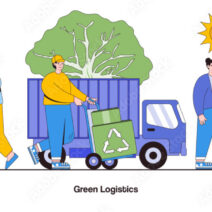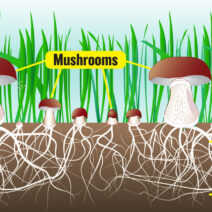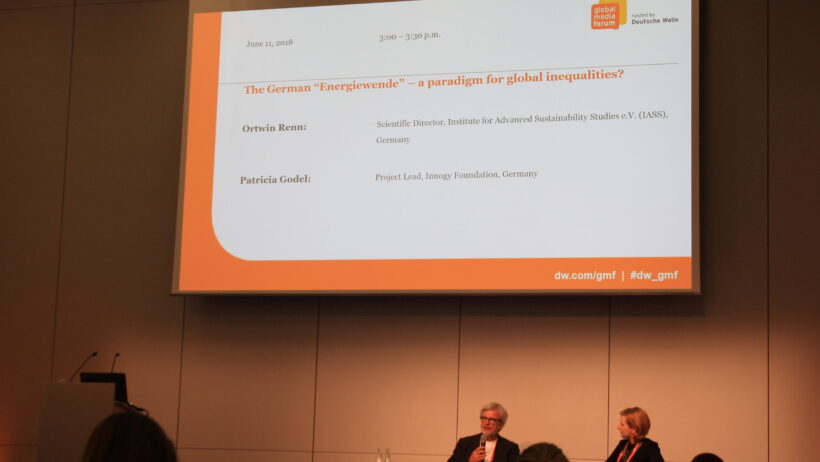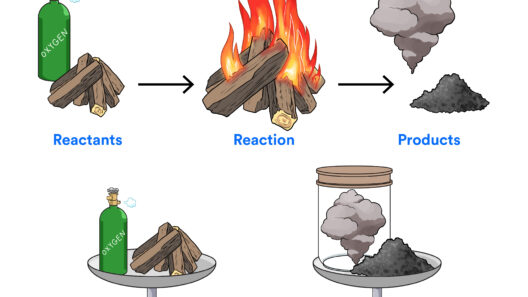Germany has established itself as a pioneer in the realm of energy conservation and sustainable practices. The country’s ambitious energy transition, known as the “Energiewende,” is a testament to its commitment to reducing carbon emissions and fostering renewable energy sources. But how exactly does Germany conserve energy? The answer is multifaceted, rooted in a blend of policy initiatives, technological advancements, and cultural shifts that represent a holistic approach to sustainability. Through these strategies, Germany offers valuable lessons for countries around the globe seeking to innovate their own energy conservation practices.
One of the cornerstones of Germany’s energy conservation strategy is its robust policy framework. The government has implemented stringent regulations that encourage the adoption of renewable energy. The Renewable Energy Sources Act (EEG) has played a pivotal role in this transformation, providing producers of renewable energy with subsidies, thus incentivizing investments in wind, solar, and biomass technologies. This legislative architecture not only promotes the use of clean energy but also fosters competition, leading to technological advancements and lower costs of energy production over time.
In addition to favorable policies, Germany has embraced energy efficiency as a cornerstone of its conservation efforts. Programs aimed at retrofitting existing buildings with energy-efficient insulation and heating systems have gained prominence. The KfW Bank, a government-owned development bank, offers low-interest loans and grants for energy-efficient renovations, thus alleviating the financial burden on homeowners while accelerating the transition to low-energy consumption spaces. Consequently, buildings have become modernized structures that utilize energy wisely, reducing both consumption and costs.
On the industrial front, Germany’s approach to energy conservation includes rigorous energy audits and the implementation of energy management systems. Compelled by regulations, companies routinely assess their energy usage and develop strategies to minimize consumption. The introduction of the ISO 50001 energy management standard has facilitated a framework for organizations to systematically target energy efficiency. Such diligence reveals an undeniable truth: industrial energy consumption can substantially decrease while maintaining productivity and output.
Moreover, Germany’s intricate public transportation network represents a significant leap toward energy conservation. The commitment to expand and enhance mass transit options has resulted in a decrease in reliance on personal vehicles. Trains, trams, and buses powered by green energy constitute a cleaner alternative, easing congestive road use and lowering carbon footprints. This holistic transport modality does not merely serve as a mode of transit; it functions as a catalyst for changing societal behaviors regarding mobility and energy consumption.
Furthermore, public awareness campaigns have been instrumental in fostering a culture of sustainability. Education programs aimed at informing the populace about energy conservation techniques have proliferated. These encounters encourage individuals to embrace practices such as energy monitoring in homes, optimizing appliance use, and choosing energy-efficient products. Social acceptance of energy conservation behaviors is critical, as behavioral changes in the consumer sector can amplify collective efforts toward sustainability.
Another noteworthy aspect is the role of local energy cooperatives. These entities operate at a grassroots level, allowing communities to invest in and own renewable energy projects. By engaging citizens directly, these cooperatives not only decentralize energy production but also democratize the energy transition process. Members of such cooperatives experience firsthand the benefits of clean energy innovation, generating local economic development alongside environmental stewardship.
Germany’s commitment to research and development also propels its conservation efforts. State-funded research institutions collaborate with universities and private enterprises, fostering innovations in energy efficiency technologies. The result is a flourishing ecosystem that encourages experimentation and the dismissing of impractical ideas while nurturing viable solutions, thus continually enhancing the efficacy of energy usage across all sectors.
In recent years, Germany has effectively positioned itself as a “test bed” for novel energy solutions, evaluating technologies such as energy storage systems and smart grid technologies that can optimize energy distribution. The integration of energy storage, particularly through advances in battery technology, helps to balance supply and demand while accommodating the intermittency of renewable energy sources like wind and solar. This forward-thinking approach exemplifies proactive planning that is crucial for long-term sustainability.
Lastly, international collaboration remains a significant part of Germany’s energy conservation strategy. By participating in global initiatives and partnerships, Germany shares its knowledge and expertise with other nations, emphasizing the interconnectedness of environmental issues across borders. Forums such as the International Renewable Energy Agency (IRENA) and agreements under the Paris Accord allow for collaboration in sharing best practices and technologies worldwide, reinforcing the shared responsibility in combating climate change.
In conclusion, Germany’s energy conservation strategies offer a comprehensive blueprint for sustainable practices. By weaving together effective policies, technological innovations, cultural shifts, and public engagement, Germany exemplifies how systemic integration of energy conservation can yield significant environmental benefits. Other countries can glean valuable insights from the German model, adapting its principles to their local contexts to make meaningful strides in combating climate change and enhancing energy sustainability. The lessons from Germany reveal that through a dedicated and collective approach, conservation can indeed become a vital pathway towards a sustainable, eco-friendly future.







